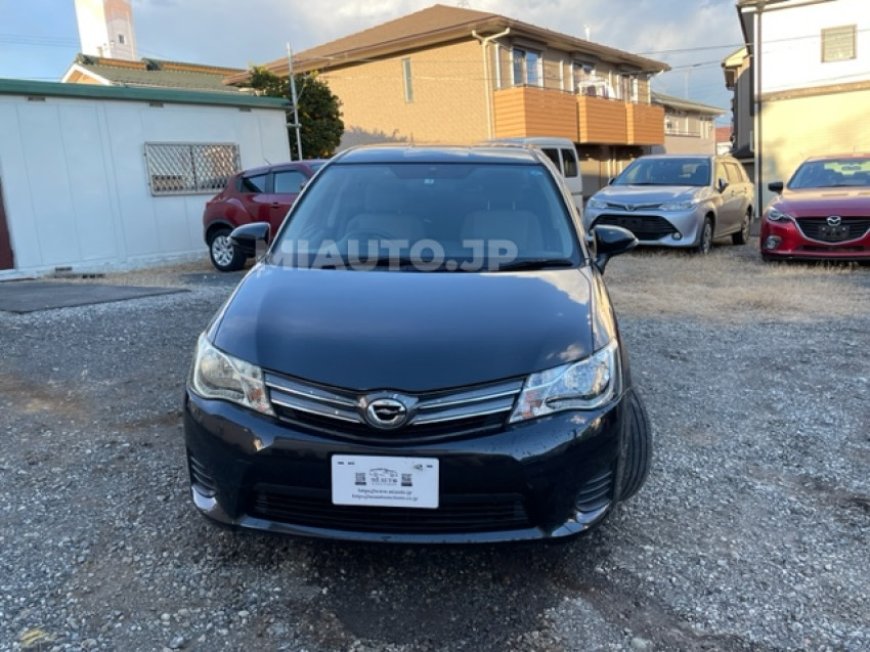Understanding Japanese Used Car Auctions: A Beginner's Guide
Japan is renowned for its high-quality used cars, and auctions play a crucial role in their distribution.
Japan is renowned for its high-quality used car in japan, and auctions play a crucial role in their distribution. If you're considering importing a Japanese used car, understanding the auction process is essential. This guide will provide a comprehensive overview of Japanese used car auctions, from the basics to tips for successful bidding.
Types of Japanese Used Car Auctions

There are primarily two types of Japanese used car auctions:
- Wholesale Auctions: These auctions are open only to licensed dealers and exporters. They offer a vast selection of vehicles, including domestic and imported cars.
- Retail Auctions: These auctions are accessible to both dealers and individual buyers. They usually feature a smaller number of vehicles and may have stricter bidding requirements.
How Japanese Used Car Auctions Work
The auction process typically involves the following steps:
- Inspection: Vehicles are thoroughly inspected by professional graders who assess their condition, mileage, and overall value.
- Cataloging: The inspected vehicles are listed in a catalog, which includes detailed information about each car, such as its make, model, year, mileage, and auction grade.
- Bidding: The auction takes place in a designated area, where bidders gather to inspect vehicles and place their bids. Bidding is typically done electronically or by raising a paddle.
- Sale: Once bidding closes, the highest bidder wins the vehicle. The winning bidder is responsible for paying the auction price and any applicable fees.
Auction Grades and What They Mean
Japanese used car auctions use a grading system to assess the condition of vehicles. The most common grading system is the Japan Used Motor Vehicle Inspection Association (JUMVEA) system. Here's a brief explanation of the different grades:
- A: Excellent condition with minimal wear and tear.
- B: Good condition with some minor blemishes or scratches.
- C: Average condition with visible signs of wear and tear.
- D: Fair condition with significant wear and tear or mechanical issues.
- R: Salvage vehicle with major damage.
Tips for Successful Bidding at Japanese Used Car Auctions
- Do Your Research: Before attending an auction, research the specific vehicles you're interested in. Familiarize yourself with their market value, common issues, and auction history.
- Set a Budget: Determine your maximum budget and stick to it. Avoid getting caught up in the excitement of the auction and bidding beyond your means.
- Inspect Thoroughly: Take the time to inspect each vehicle carefully. Look for any signs of damage, rust, or mechanical problems.
- Consider Auction Fees: Be aware of the additional fees associated with purchasing a vehicle at auction, such as auction fees, inspection fees, and export fees.
- Bid Strategically: Don't be afraid to start bidding low and gradually increase your offer as necessary. Be mindful of other bidders and their strategies.
Conclusion
Understanding Japanese used car auctions can be a valuable asset if you're considering importing a vehicle from Japan. By following the tips and information provided in this guide, you can increase your chances of finding a high-quality vehicle at a competitive price. Remember to do your research, set a budget, and inspect vehicles thoroughly before bidding.












